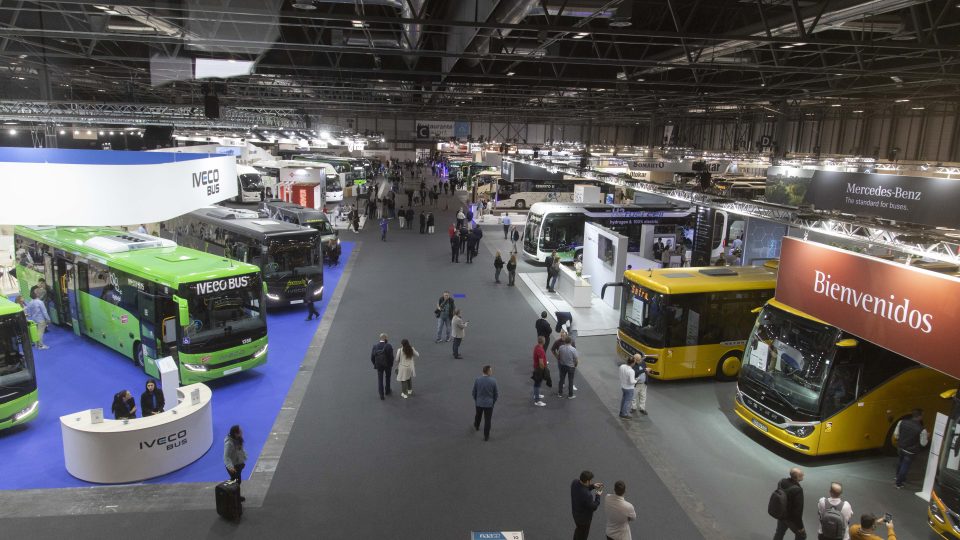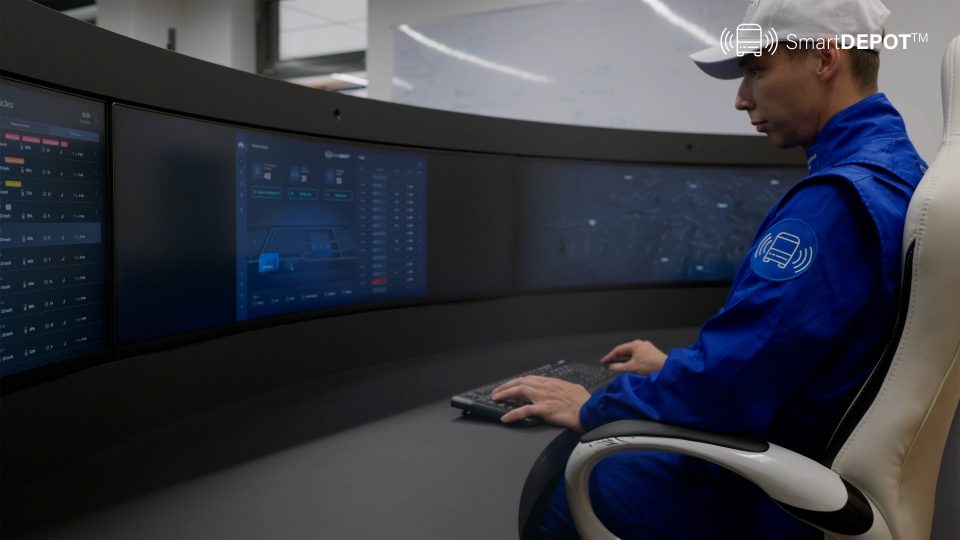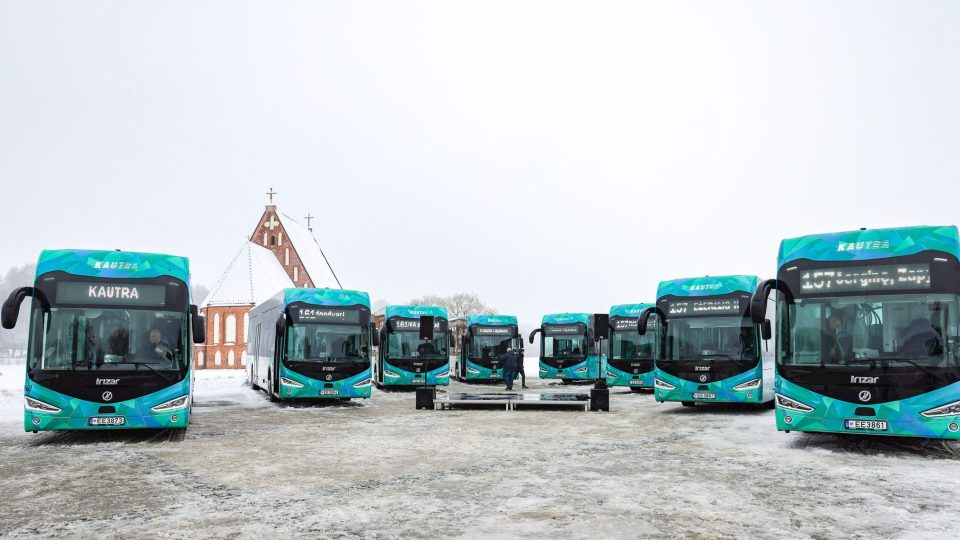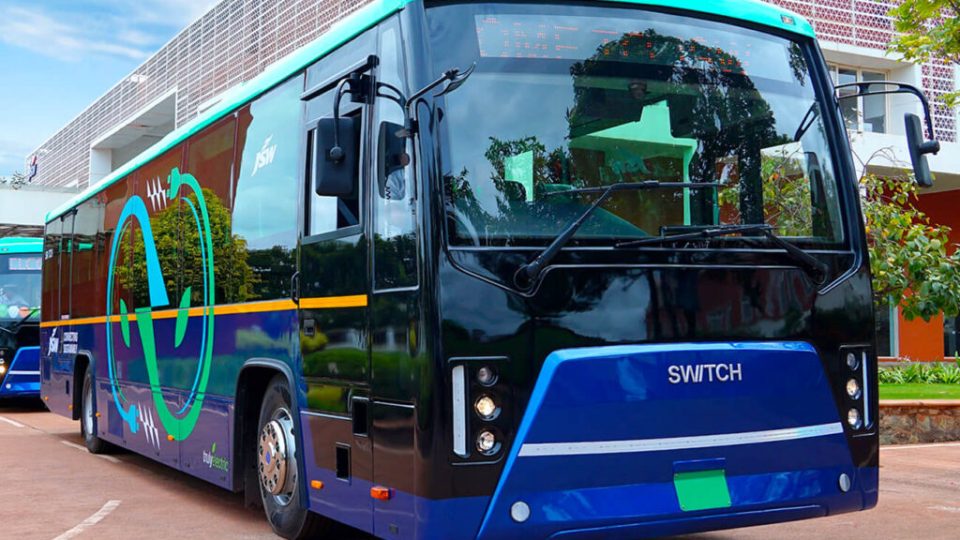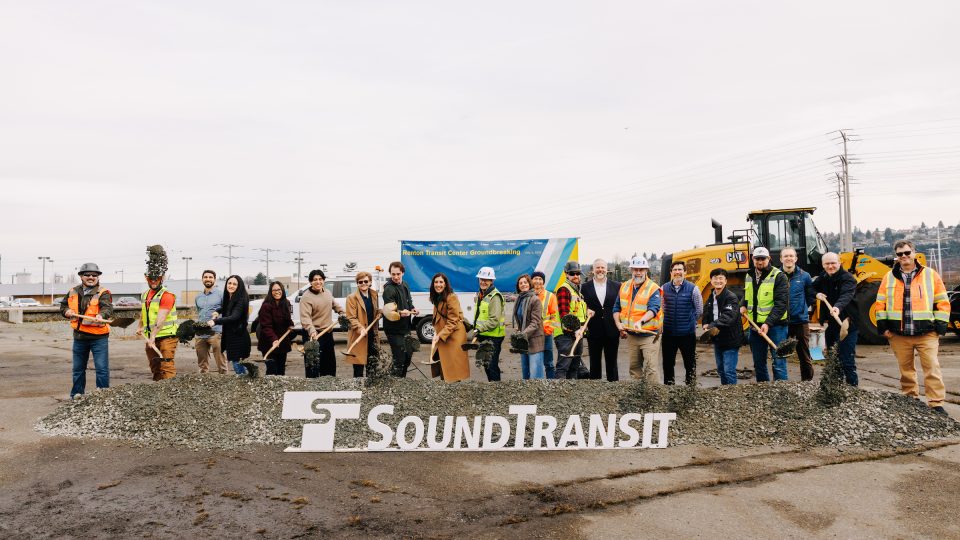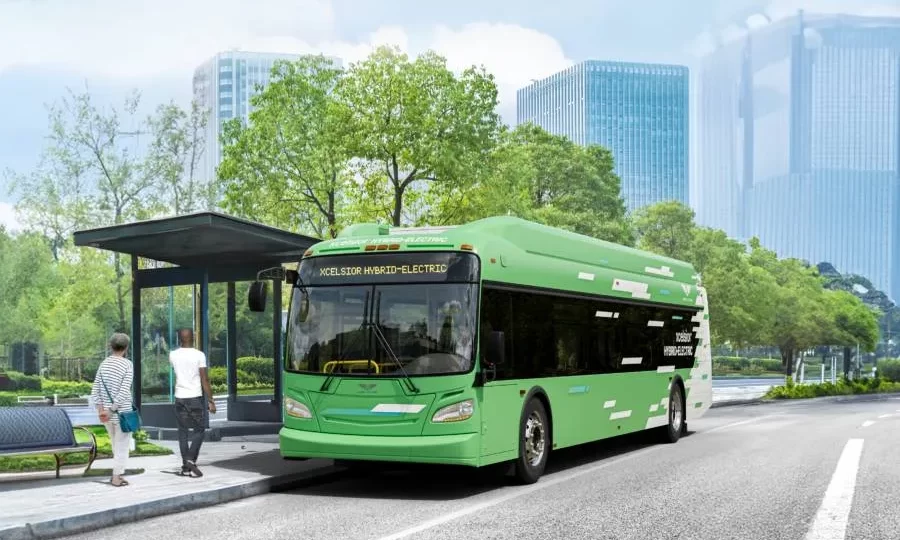Over 1,000 further e-buses funded in Germany. Funding certificates handed over to 59 PTOs
German Federal Ministry of Transport has handed over today funding certificates for 59 transport companies (and around 1,033 electric buses) at VDV e-bus conference ElekBu 2023. From 2021 until today, there has been two so-called “calls” issued by the Federal ministry. They are part of German government’s project to fund electric buses with 1.25 billion […]
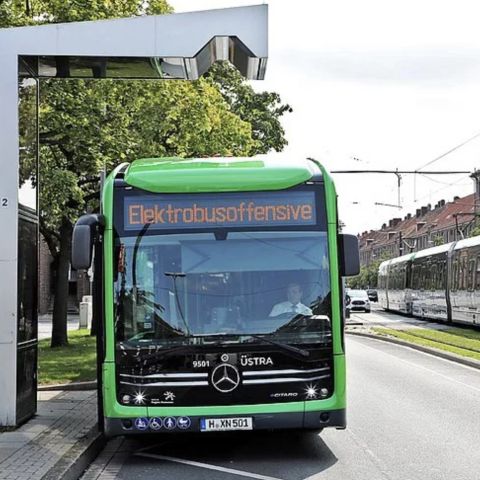
German Federal Ministry of Transport has handed over today funding certificates for 59 transport companies (and around 1,033 electric buses) at VDV e-bus conference ElekBu 2023.
From 2021 until today, there has been two so-called “calls” issued by the Federal ministry. They are part of German government’s project to fund electric buses with 1.25 billion euros until 2024.
In the first call, around 5,000 buses were applied for, with 3,174 buses (around 63 per cent) effectively funded, VDV states.
In the second call, about 3,700 applications were received: between 1,200 to 1,400 buses were funded, i.e. around 32 percent.
Electric buses in Germany, the situation
1,884 buses with zero-emission and electrified drives were operating on Germany’s roads as of 31st December 2022: 620 more than in 2021, an increase of almost 50 percent. The milestone of 2,000 e-buses will thus soon be reached. However, they cover a share of just 3.5 percent.
Between 2017 and 2021, the number of new electric buses buses purchased annually even grew exponentially: from 10 to 586 buses. In 2022, growth remained at a high level, even if the growth rate of 6 percent was no longer as strong as in previous years. The previous figures and considerations come from the sixth E-Bus Radar, compiled annually by the auditing and consulting firm PwC Germany.
By 2030, plans are already known for 6,600 more e-buses, which would mean that around 8,500 e-buses would then be in use
…and a third funding round is coming in Germany
Now the second call is coming up, with the prospect of a third: “The federal government has announced that further funding rounds are planned for 2023 and 2024. We could then expect 500 more e-buses per funding call. This is exactly the speed we need to meet the targets of the Clean Vehicles Directive – and to get closer to our common climate protection goals by 2030″, VDV Vice-President Werner Overkamp states.
The importance of fundings for public transport
He adds: “Hardly any funding is more targeted and drives development in the entire transport sector as effectively as this federal funding programme. This is an extremely important step forward for the many companies that are now entering the field of electromobility for buses or are expanding it further in order to be able to travel locally with zero emissions in the future. Federal funding is indispensable, both for the procurement of the vehicles and for the conversion of the infrastructure. If you consider what it means for the operations in the municipalities to convert from fossil-based drive technology and infrastructure to modern depots for electric mobility, with charging systems and management, with new safety requirements for high-voltage technology – and for the qualification of our personnel. We welcome this step and see that the federal government wants to live up to its responsibility in the future as well.”


